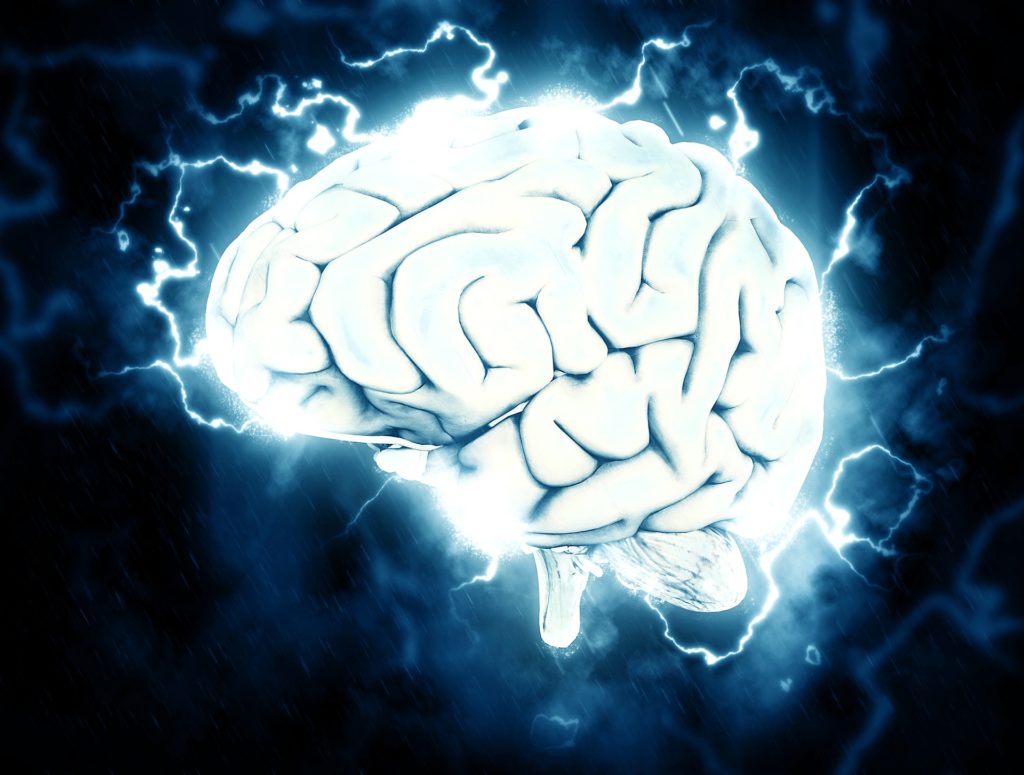
Traumatic brain injury (TBI) is the term for a sudden, violent jolt or impact to the head or body that injures brain cells. Head injuries can be extremely serious, moderate, or mild and still be classified as traumatic. Mild traumatic brain injury is defined as an injury that has only a temporary effect on the brain cells.
More severe injury may result in torn tissue, bleeding, bruising, and other signs of physical damage to the brain. TBI can result in long-term cognitive and physical complications.
Causes of TBI
Anyone can receive a traumatic brain injury. People at the highest risk include adults over the age of 60, children from newborn to age 4, young adults, and males of any age. Some of the most common causes of a TBI include:
- Falls, especially in young children and older adults
- Vehicle-related accidents, including cars, motorcycles, and bicycles
- Violence (gunshot wounds, child abuse, assault, domestic violence, and shaken baby syndrome)
- Sports injuries
- Combat injuries
- Explosive blasts
Traumatic brain injury can occur from either impact or a penetrating wound. Damage to the brain cells can happen as a direct result of the injury or from swelling caused by the injury.
Symptoms of Traumatic Brain Injury
There is a wide range of psychological and physical effects associated with both mild and severe traumatic brain injury. Some signs of injury are obvious and appear almost immediately after the causing event, but others may not appear until days or even weeks later. Common mild TBI symptoms include:
- Headache
- Dizziness
- Drowsiness/fatigue
- Nausea/vomiting
- Slurred speech
- Blurred vision
- Ringing in the ears
- Strange taste in the mouth
- Loss of consciousness (several seconds to several minutes)
- Feeling dazed or disoriented
- Problems concentrating or remembering
- Mood swings
- Changes in sleeping patterns
People with more serious injuries may experience any or all of the following symptoms:
- Persistent or worsening headache
- Seizures/convulsions
- Loss of consciousness (several minutes to hours)
- Cannot awaken from sleep
- One or both pupils dilating
- Loss of coordination
- Clear fluids draining from ears or nose
- Weakness or loss of feeling in toes/fingers
- Slurred speech
- Agitation
- Profound confusion
- Coma
Adults and children should follow up with medical care if they have received a blow to the head. Seek emergency care if you exhibit any of the warning signs of TBI. Even a mild injury is still an injury to the brain.
Treatments for Traumatic Brain Injury
Traditional treatment for TBI includes a combination of medication, rest, surgical intervention, and rehabilitation therapies.
Regenerative medicine, also known as stem cell therapy, offers new hope for TBI patients. While it is not a cure, studies have shown that stem cell therapy has the potential to improve cognitive function, sleep patterns, and other long-term symptoms associated with traumatic brain injury. Patients may also consider hyperbaric oxygen therapy (HBOT) as well in conjunction with stem cell therapy.
This post was written by a medical professional at https://www.stemedix.com. At Stemedix we provide access to Regenerative Medicine. Regenerative medicine has the natural potential to help improve symptoms sometimes lost from the progression of many conditions.